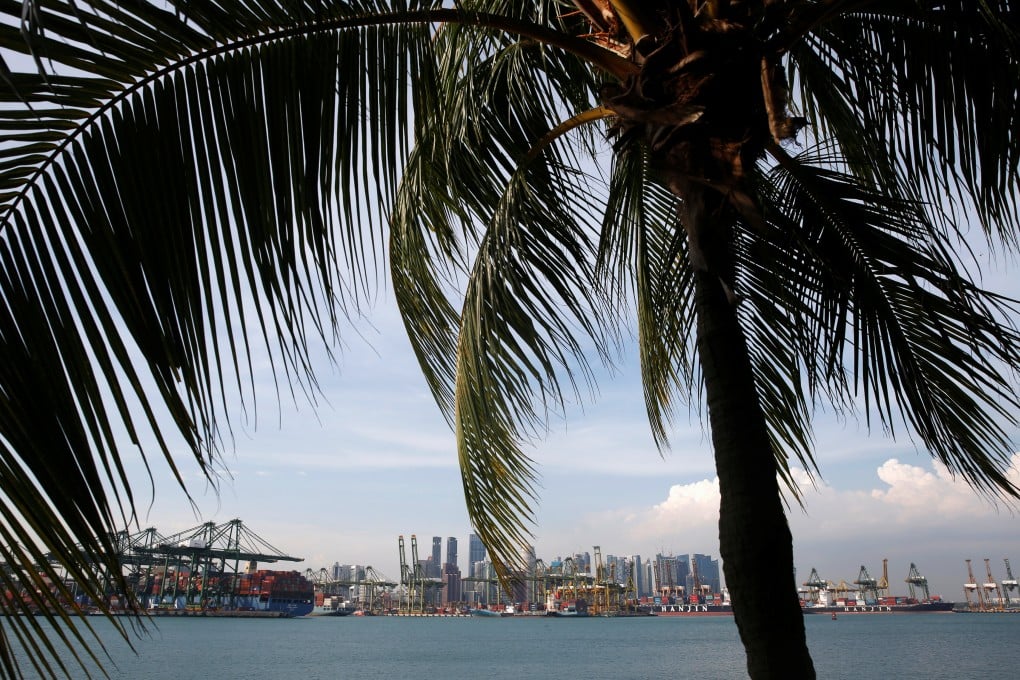Why does Singapore keep talking about TPP when everyone else has given up on it?
How can anybody believe in U.S. anymore, asks Prime Minister Lee Hsien Loong

Singapore’s constant calls for the United States to quickly ratify a landmark Asia-Pacific trade pact underscores the entrepot city’s frustration with the anti-free trade rhetoric that has surfaced in Washington in the course of the current presidential campaign, observers say.
In an interview with the Time magazine published on Tuesday, Prime Minister Lee Hsien Loong repeated earlier warnings that a failure by the US Congress to ratify the 12-nation Trans-Pacific Partnership (TPP) would diminish Washington’s standing among Asian trade partners.
President Barack Obama firmly backs the TPP – whose participants account for 40 per cent of the global economy – but it is opposed by both presidential candidates Hillary Clinton and Donald Trump.
The deal does not include China, and is seen as part of the Obama administration’s Asian “rebalance” strategy amid Beijing’s rising clout in the region.
After eight years of negotiations, the US, Japan and 10 other Pacific Rim countries reached an agreement on the pact in October last year, but the US Congress has yet to ratify it. Observers say the legislative body is unlikely to do so during the “lame duck” session after the November 8 presidential election and before the inauguration of the new president on January 20.